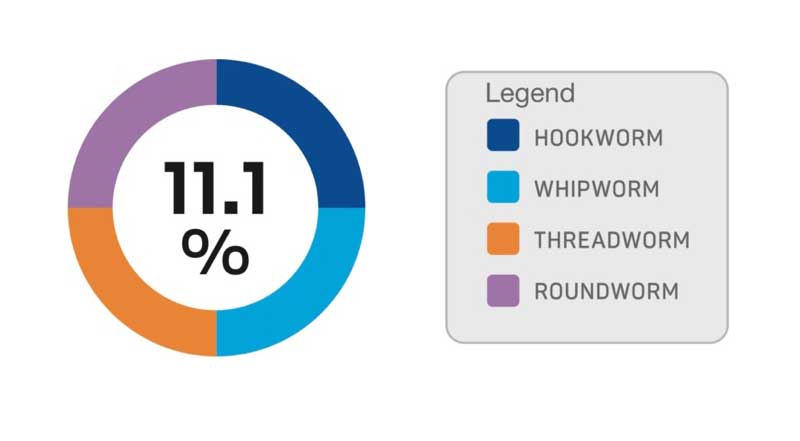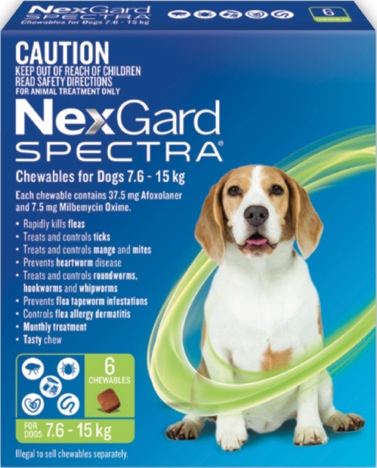
It is essential to keep the intestinal worm control up to date in your dog and cat, not just to keep your companion healthy but the intestinal worms are zoonotic, meaning they can be passed on to you, the owner.
We are fortunate in South Australia to have a low rate of intestinal worms, as a recent study showed that of all the faeces collected in dog parks in Adelaide, only 11 % had parasite eggs. The study showed that those dogs that had intestinal worms, they were equally likely to have hookworm, whipworm, threadworm, and roundworm.
Dogs that are healthy and receive a good diet, can be infected with intestinal worms and show no signs. Just because your companions’ faeces look normal, does not mean they don’t have intestinal worms. You need a microscope to see the eggs!
Controlling intestinal worms.
1 – Hygiene – It starts with you, the owner, washing your hands after interacting closely with your companion and especially before eating. Environmental hygiene is also very important as many of the intestinal worms mature in the soil, so a daily “poo patrol” to remove all the faeces from the yard is essential.
2 – Deworming – The main intestinal worms we see on the Eyre Peninsula are roundworm and tape worm. Adult dogs and cats should be given a quality worm tablet, that is the correct dose for their weight, every 3 months. This minimum deworming protocol we recommend.
Puppies and kittens are very susceptible to intestinal worms as their immune systems are immature and they do not have the same reserves as adults. The recommendation is that puppies and kittens should be wormed every 2 weeks until 3 months of age.
3 – Deworming with flea and tick prevention. If you are in an area where flea and ticks are prevalent, then it is advisable to switch to a monthly worming and parasite treatment. For this we would recommend NexGard Spectra.



